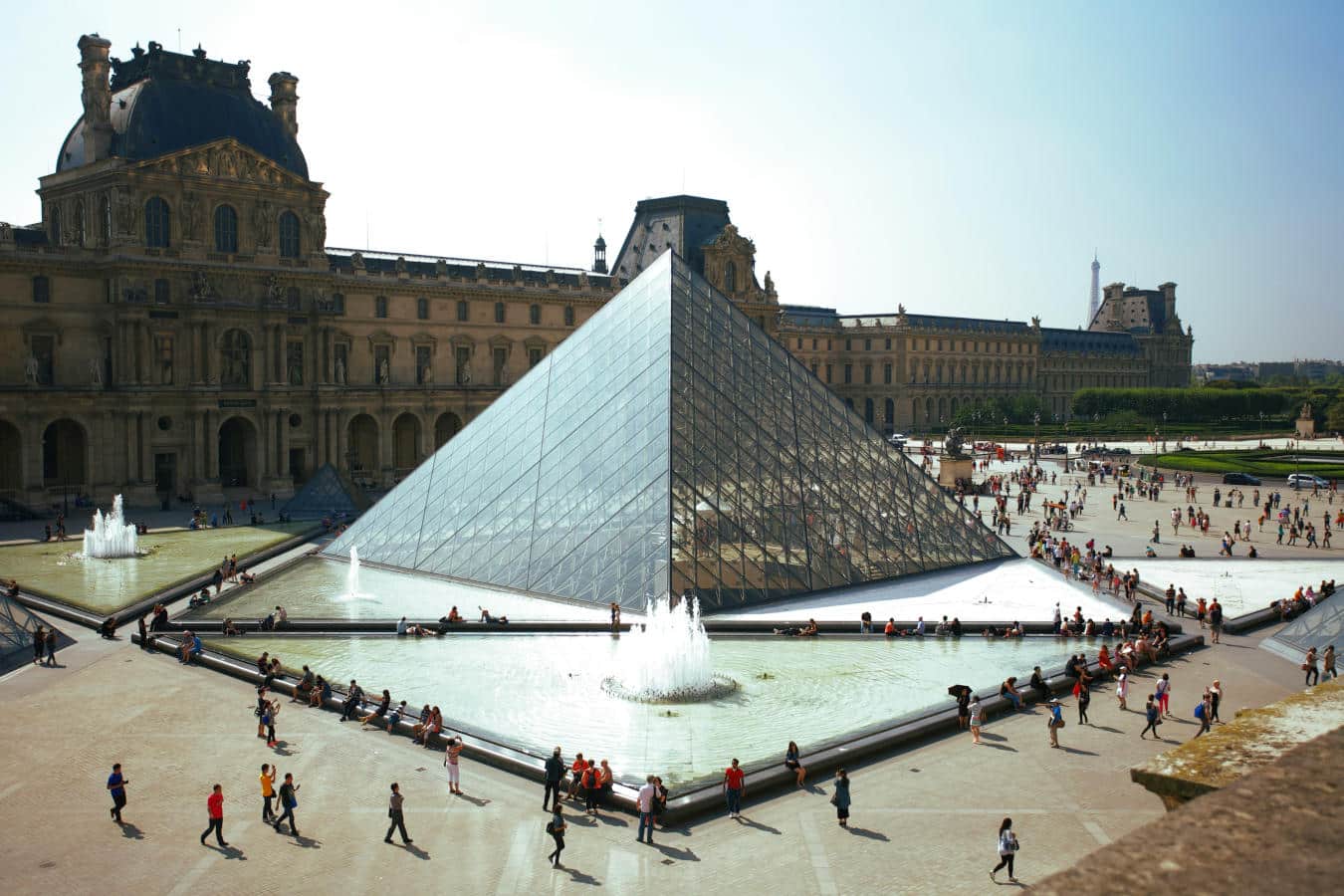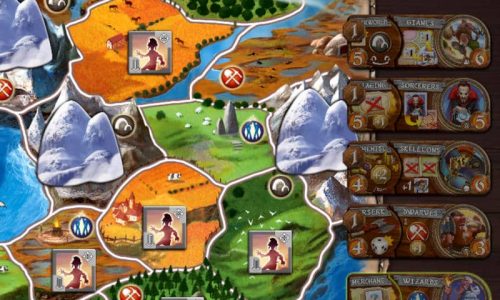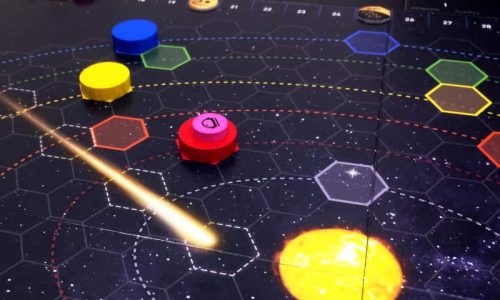
Cultural Games – board games as cultural assets (Topic Discussion)
- Nelly
- August 6, 2024
- Board Games
Cultural games have always played a significant role in shaping and preserving the cultural identity of communities around the world. These board games serve not only as forms of entertainment but also as valuable assets that provide insights into the beliefs, values, and traditions of various societies.
One of the most common cultural games is chess, which originated in India and is now played by millions of people worldwide. This strategic game reflects the hierarchical structure of feudal society, with each piece representing different social classes. The game is not only a test of intellectual prowess but also a symbol of military strategy and diplomacy.
Another culturally significant game is mahjong, which originated in China and is now a popular pastime in many Asian countries. This game requires players to match tiles with Chinese characters and symbols, reflecting the rich cultural heritage of the region. Mahjong is not only a test of memory and strategy but also a social activity that brings families and communities together.
In Africa, the game of mancala is a popular cultural pastime that has been played for centuries. This game involves moving stones or seeds around a board, reflecting the agricultural practices of the region. Mancala is not only a test of mathematical skills and strategic thinking but also a way to pass down traditions and knowledge from one generation to the next.
In addition to traditional board games, modern cultural games such as Settlers of Catan and Ticket to Ride have also gained popularity in recent years. These games provide players with insights into the history, geography, and culture of different regions around the world. By playing these games, players can learn about the customs, traditions, and values of various societies.
Cultural games serve as important tools for cultural preservation and education, helping to pass down traditions and knowledge from one generation to the next. By playing these games, people can gain a deeper understanding of different cultures and appreciate the diversity of the world. Cultural games are not just forms of entertainment; they are valuable assets that play a vital role in preserving and celebrating our cultural heritage.




